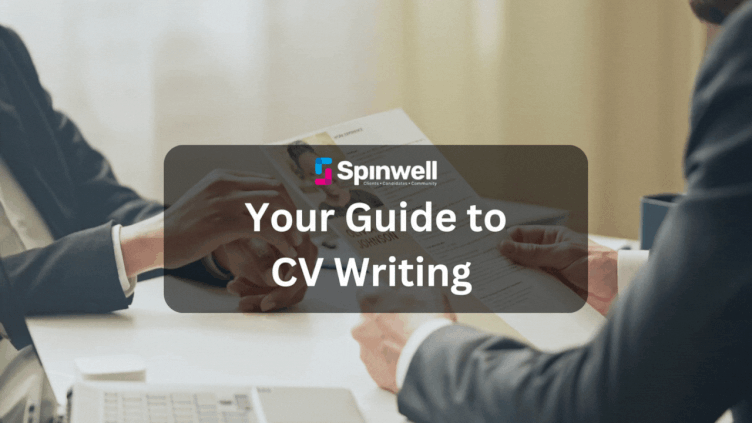
Your Guide to CV Writing
In any job search process, it is key that you have a well-structured CV with all the essential information set out in a neat, concise, and clear manner. Hiring managers use CVs to help them shortlist candidates, and so it is vital that your CV is formatted correctly.
Let’s take a look at how we should write a CV:
Your personal statement
Be brief and direct. Highlight your achievements, skills, experience, and qualifications. However, make sure that it is relevant to the role that you are applying for. Your personal statement should consist of a few short sentences, so keep it to the point.
Employment history
It is common practise to list your past employment history in reverse chronological order, i.e., your most recent job role, company you worked for, and length of your period there should be at the top.
Qualifications, skills, education, and training
It is best to list the aforementioned in bullet points, showcasing your steady growth and successes. For your educational qualifications, make sure to include the dates you attended as well as any awards or grades you may have received.
References
Mention that your references are available on request. The purpose of this is to support the information on your CV and for the hiring company to carry out their own due diligence.
Proof read
Avoid spelling and grammar errors; they may hurt your chances of getting the job because they can be interpreted as laziness or a lack of attention to detail.
Avoid buzzwords
Phrases such as “team player,” “detail-oriented,” and “hard worker” are overused. You want to stand out, so show what differentiates you from the rest and what makes you unique. Instead, use examples of how you have applied a skill to your job.
Employment gaps
It is always best to explain why you were unemployed during certain periods of your career history. Reasons may range from termination of contract, health issues, prioritising family, and so on.
With regards to any illness, if it took place over a decade ago, it is not worth mentioning. However, if it took place fairly recently, it is only fair that you explain it to some degree. This may involve you explaining that although you did take some time off for your health, you have bounced back and are ready for work.
For reasons relating to termination of contract, it is understandable for you to have a gap in your employment. However, in this case, what hiring managers/employers pay attention to is what you were doing during the break; if you attended any training courses or workshops to enhance your skills, did some community volunteer work, etc.
Do you have a CV that is complete and ready to be put forward for job applications? Send it to us at– https://www.spinwellglobal.com/registration.aspx and get hired.


